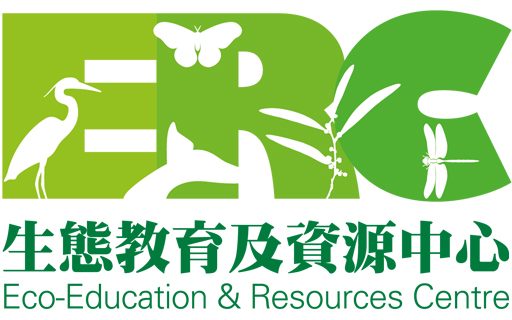We are convinced that through hosting various activities, tour guiding and workshops can raise the public awareness in understanding wildlife conservation. A sustainable society should always consider the growth and education of children as well as the understanding of the environment and ecology of their surrounding. Therefore, we have specifically designed various activities to engrave the importance of nature conservation onto the mind of the younger generation.
With a decade of perseverance in natural conservation, we are glad to witness the growth of the children where some of whom have joined in natural conservation upon graduation. There are also youngsters who were in our previous activities and decided to be a full-time conservationist after seeing certain environmental issues. This was a shot in the arm of our work and a recognition of our path direction in natural conservation.

The programme begins with an introduction of sea turtle’s by our tutor 
Participants need to play the role as a sea turtle researcher
Since 2011, we have been hosting a green sea turtle conservation workshop through role-playing. During the workshop, kids will act as the sea turtle conservationist to help with conserving the sea turtle eggs laid on the tranquil beach in Lamma Island.
Participants will begin with researching on the wildlife features of the sea turtles and conduct fieldwork on the beach. After searching for the nesting site of the turtles and surveying for the egg clutch, the field surveyor will have to take measurements on the egg size, clutch size and sand temperature. Alongside with first-hand experience in sea turtle conservation, we will discuss climate change and its affects to marine wildlife.
In Hakka dialect, “hea” means “laid-back and relaxed”. We organized “Hea Camp” so parents and children can lay back and experience nature-based outdoor living and observe and enjoy in nature with the family. In 2012, we have designed different themes for the camping programme. Participants can simply bring their own belongings and never have to worry about the rest. Activities include night searching for bugs and fail-safe camp cooking; you can learn the basics for camping as well as the culture of “Hakka” and explore the special relationship between traditional culture and the nature environment.
Hong Kong is well-known as the “Pearl of the Orient”. People often consider there was only a centurial history in pearl farming but this marine industry may even have existed more than a thousand year. Tracing through the archaeological literature, there was record of pearl farmers culturing pearl along the Tolo Harbour in Sha Tin and Tai Po during the Eastern Han dynasty. The harvest was pure white and perfectly spherical due to the good water quality near Tolo Water and they were even sent to the ancient royal court as tribute. From Tang to Qing dynasty, pearl cultured in Tai Po was specialized for the royal court and over thousands of oyster rafts were around the area at its prime time. Over the hundred years, Tai Po is an important bazar and its flourishing economy resembles as the miniature Hong Kong. Pearl farming in Tolo turns bygone throughout the urban development in Hong Kong.
In 2017, we designed a STEM-based education programme by integrating pearl farming industry into scientific culturing experiment to reintroduce the traditional industry to the new generation. Combing environmental protection belief and technology, we hope to revisit this quintessential spirit of the “Pearl of the Orient”.

Cooperating with “Shadow Legends Drama Group”, a group from Taiwan, to produce an environmental friendly shadow play workshop 
Participants could make their own shadow puppet character
Through traditional shadow play, we made a novel attempt at incorporate lights and silhouettes into environmental education. Using puppetry and storytelling, in 2008, we have started the wildlife shadow play show. Children can learnt about the optics of lights and silhouettes as well as explore the environmental issue via storytelling, parents can also involve and making it the perfect opportunity to enhance bonding with their kid.

Cooperating with Jockey Club Museum of Climate Change, The Chinese University Of Hong Kong, we have produced a drama show, “Combating Climate Change: Towards a Low-carbon Future”. 
Forty shows have been performed to different primary schools
Drama Education is a kind of learner-oriented experiential learning using drama as a tool. Unlike of traditional learning methods like recitation and memorisation, students could experience, explore, think and build knowledge on their own through in-depth drama scenarios. With drama education, it is easier to help students to build empathy and values.

Hong Kong is surrounded by the sea on all side except the north and consists of 263 islands. Annual monsoons, mudflats formed by the deposits in estuaries and biodiversity-rich mangroves compose diverse coastal habitats and support various marine lives.
Other than traditional fisheries and aquaculture, this water also gives rise to various water sports and activities. Mankind has a deep connection with the ocean and it is important for our next generation to know more about the water.
We have started a marine themed education programme in 2018 to introduce the water to the students. Consisting of workshops and simple scientific investigations, we hope to deepen the understanding of the importance of the ocean. In 2019, there are over one thousand five hundred of participants and we hope to share the importance of the ocean conservation.























